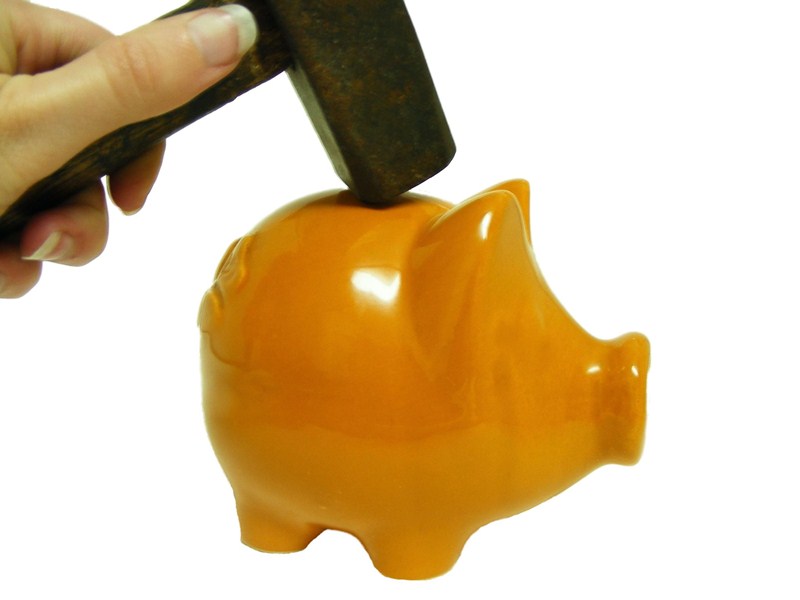If your income is expected to exceed £100,000 for the first time, we would like to remind you of the effects this can have on your personal allowance and marginal tax rate.
If you earn over £100,000 in any tax year, your personal allowance is gradually reduced by £1 for every £2 of adjusted net income over £100,000 irrespective of age. This means that any taxable receipt that takes your income over £100,000 will result in a reduction in personal tax allowances. Your adjusted net income is your total taxable income before any personal allowances, less certain tax reliefs such as trading losses and certain charitable donations and pension contributions.
For the current tax year if your adjusted net income is likely to fall between £100,000 and £125,000 you would pay an effective marginal rate of tax of 60%. This is because your £12,500 tax-free personal allowance is gradually withdrawn (see previous paragraph). If your income sits within this band you should consider what financial and tax planning opportunities are available to avoid this outcome.
For example, you could increase charitable donations, pension contributions or consider participating in certain tax effective investment schemes.
Tax planning tip
A higher rate or additional rate taxpayer who wanted to reduce their tax bill last year, 2018-19, could make a gift to charity in the current tax year, 2019-20, and elect to carry back the contribution to 2018-19. A request to carry back the donation must be made before or at the same time as the 2018-19 Self-Assessment return is completed and filed.


Recent Comments